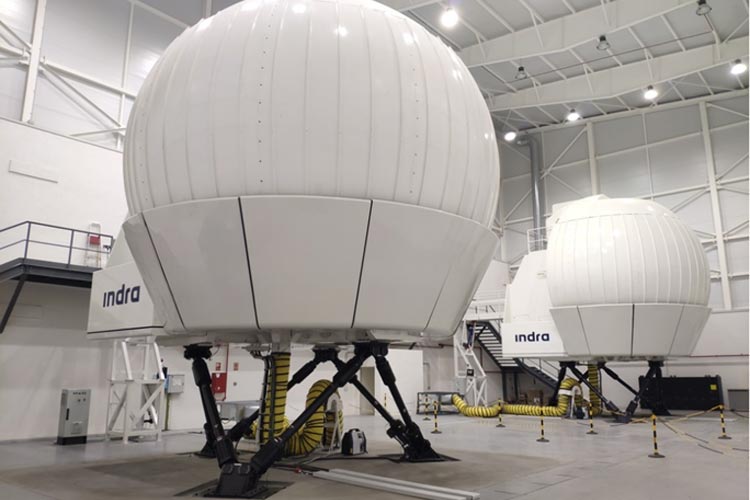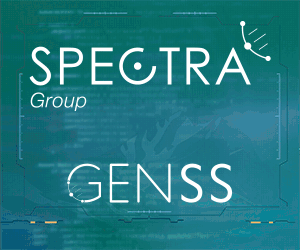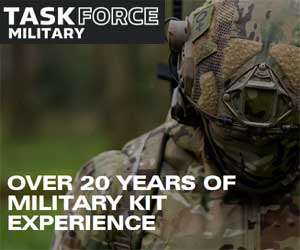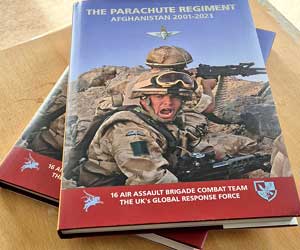The Spanish Ministry Of Defence has commissioned Indra to further upgrade the Chinook CH-47F helicopter simulators at CESIHEL.
~
Press Release, Madrid, 05 January 2021: Indra will be upgrading the Chinook CH-47F helicopter simulation system, consisting of an FMS (Full Mission Simulator), the FTD (Flight Training Device) and the CBTs (Computer Based Trainer) at the Helicopter Simulation Center (CESIHEL) of the Armed Forces Flight Academy (ACAVIET), located at the Colmenar Viejo Base, to ensure Spanish pilots receive training at the highest level.
The thirty-million-Euro contract will make the Spanish simulation centre one of the most advanced in the world for this type of aircraft. In addition to this contract, Indra is still awaiting confirmation on the procurement for the electronic defence system and the Mission-AMPS System, which may be imminent.
The Chinook is one of the most powerful transport helicopters in the world, with a 12-ton loading capacity and it can transport dozens of soldiers. These exceptional capabilities have led many countries to decide on upgrading their fleets with the aim of extending their useful life beyond 2040.
Indra and the Spanish Army will replicate the new F version of the Chinook following the same design strategy they have used in other simulation systems such as the NH90 and the Tigre: using real teams to attain the greatest realism in training exercises, which means ensuring the future upgrades of the simulators are consistent with the next generation of the aircraft themselves, and having network simulation architecture based on standard HLA, which allows joint tactical mission training from several simulators at once located in different bases and utilising multiple platforms (Tigre, Cougar, EC135 and NH90). The system will feature a 4LED projection system, a technology introducing a fourth infra-red light channel, so pilots can train using their own night-vision goggles (NVG), and improved visual quality thanks to high-definition land, urban and habitat modelling.
Thanks to the long-term vision and ongoing efforts of the Ministry of Defence, the Armed Forces Flight Academy stays at the technological cutting edge in synthetic training, ensuring pilots are trained in the same way their missions will be carried out. Such training saves up to 40% of the real flight time crews need to ensure proper training, instruction and advanced tactical skill development, thus increasing flight safety and reducing operating and sustainability costs (maintenance, fuel, wear on materials, ammunition).
Helicopters are becoming ever more complex platforms equipped with highly sophisticated technology systems. This means pilots require rigorous training over several years, thus becoming more and more specialised, allowing them to attain the necessary expertise to face the challenges of a real operation. In this task, simulators play a key role in providing the Army and the Spanish Armed Forces with the operability they require, as the number of helicopters that can be used in any given mission is determined by the number of pilots available having the required level of training.
The CESIHEL also has CBT classrooms (Computer Based Training) where both pilots and aircraft maintenance specialists are trained to the highest quality standards. This means significant savings in terms of learning in complex tasks, process automation and the critical work that occurs over the aircraft’s service life.




















